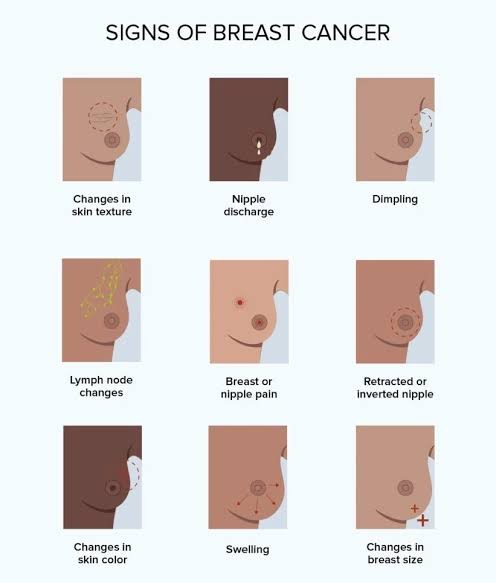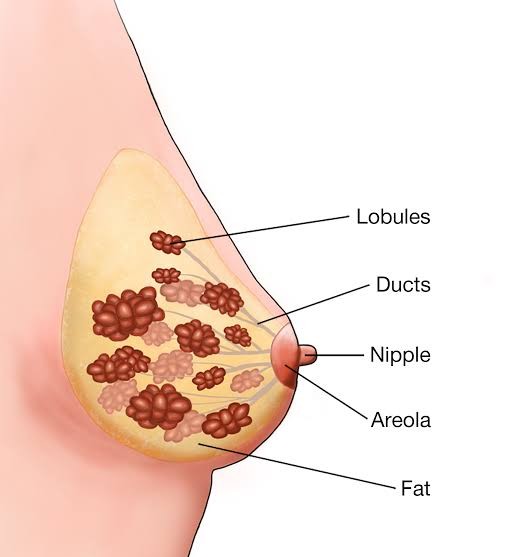Breast Cancer: Early Detection Saves Lives
The month of October is observed as Breast Cancer Awareness Month, a global campaign that aims to raise awareness about breast cancer, promote early detection, provide support for victims and survivors as well as improve research efforts. Breast cancer, to this day, remains one of the most common cancers worldwide, affecting millions of women each year. This month serves as an important reminder of the importance of early screening, as early detection can significantly improve survival rates. Through awareness projects, women are encouraged to perform regular self-examinations, seek medical advice promptly if abnormalities are noticed, and get routine mammograms.
In addition to encouraging early detection, Breast Cancer Awareness Month tells the stories of survivors, the ongoing need for funding for research and treatment advancements, and the critical support required for those currently living with the disease.
To help educate the public as well as support the fight against breast cancer through awareness and advocacy, this week, we will be highlighting some basic things to keep in mind about breast cancer.

Understanding Breast Cancer
To put it simply, breast cancer is a disease that occurs when cells in the breast grow uncontrollably. These uncontrollable cell growths form a tumour that can infest the surrounding tissues or spread to other parts of the body. While it mainly affects women, men can also develop breast cancer, though it is rare for that to happen.
Forms of Breast Cancer
Ductal Carcinoma in Situ (DCIS)
This type of breast cancer is non-invasive. This means that the cancer cells are present in the breast’s milk ducts but have not spread to other parts of the breast or body.
Invasive Ductal Carcinoma (IDC)
Invasive ductal carcinoma (IDC) is a type of breast cancer that has spread beyond the milk ducts into the surrounding breast tissue. It is the most common type of breast cancer, having a record of about 80% of all breast cancer cases.
Triple-Negative Breast Cancer (TNBC)
Triple-negative breast cancer (TNBC) is a type of breast cancer that lacks three essential proteins that are often found in breast cancer cells.

Importance of Early Detection
Early detection through regular screening considerably increases the chances of successful treatment. Women aged 40 and above should get annual mammograms, while those with a family history of breast cancer may need to start earlier.
Warning Signs
Some common signs include a lump or mass in the breast, a change in breast shape or size, dimpling or puckering of the skin, and nipple discharge.

Preventive Measures
While some risk factors, like genetics and age, cannot be controlled, you can take steps to lower your risk, such as maintaining a healthy weight, exercising regularly, limiting alcohol consumption, avoiding smoking, and considering breastfeeding if possible.
Support And Advocacy
Beyond awareness, October is also about offering support to survivors and families affected by breast cancer. Organisations and individuals worldwide come together to raise funds for research, treatment, and advocacy.

By prioritising regular screenings and spreading awareness, we can save lives. Early detection remains the most critical factor in beating breast cancer.






